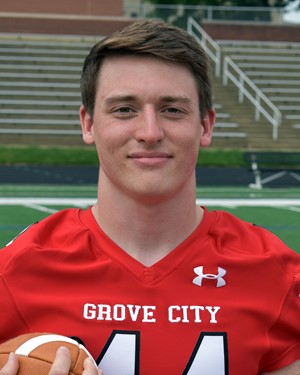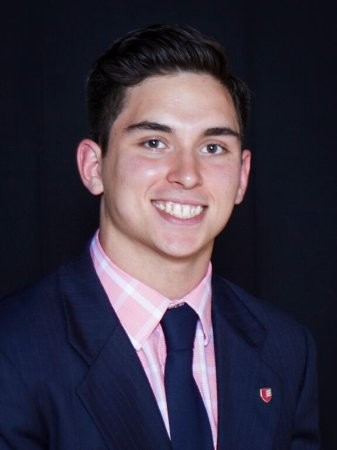Basic Elements of a Financial Plan
As students progress through college, often their mindset shifts from “broke college student” to “young professional.” And their questions shift from “how do I afford pizza next Friday night” to “how am I going to save for retirement?” A financial plan is a sensitive and individualized thing. Different people look at finances differently, and that is okay. This post is […]
Read more

